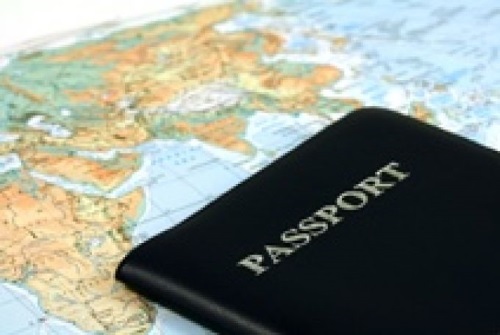
Earlier this week, I was updating our list of common ITAR exemptions and noticed that several have been added in recent weeks or months. As with most exemptions, these are narrowly defined and you, as the exporter, must be careful to meet all criteria outlined in the ITAR before proceeding.
Some of the recent ITAR exemptions I noticed include:
- Body Armor: See 123.17(f) and 123.17(g). Certain types of body armor covered by USML Category X(a)(1) can be temporarily exported. Paragraph (g), in particular, allows for the temporary export for personal use to Afghanistan and Iraq. One interesting note here: If the body armor is “lost” or otherwise not returned to the U.S., the exporter must file a voluntary disclosure with DDTC.
- UK Exemption: The highly-anticipated and much-discussed “UK exemption” in 126.17 deserves its own chapter in the ITAR. Perhaps that’s why DDTC has dedicated a page to help explain the exemption. Overall, it feels very much like the Canadian exemption found in 126.5, with a few additional marking and label requirements as defined in paragraph (j).
- Dual- and Third-Country Nationals (#1): An exemption in 124.16 which gives foreign signatories and their approved sub-licensees more leeway to transfer articles and data to Dual- and Third-Country National employees of NATO and EU countries, as well as Australia, Japan, New Zealand and Switzerland. One important caveat here: The retransfer must take place completely within the physical territories of these countries, or the United States, and no permanent retransfer of hardware is authorized.
- Dual- and Third-Country Nationals (#2): For companies who can’t claim 124.16, DDTC has spelled out an additional exemption in 126.18. Basically, it allows for intra-company transfer or unclassified defense articles to Dual- and Third-Country National employees – provided that the foreign company meets a number of criteria as defined in paragraphs (a), (b) and (c). This includes everyone’s personal favorite requirement to screen for “substantive contacts” with the employee’s home country. See 126.18(c)(2).
Tom Reynolds is the President of Export Solutions, a consultancy firm which specializes in helping companies with import/export compliance.
